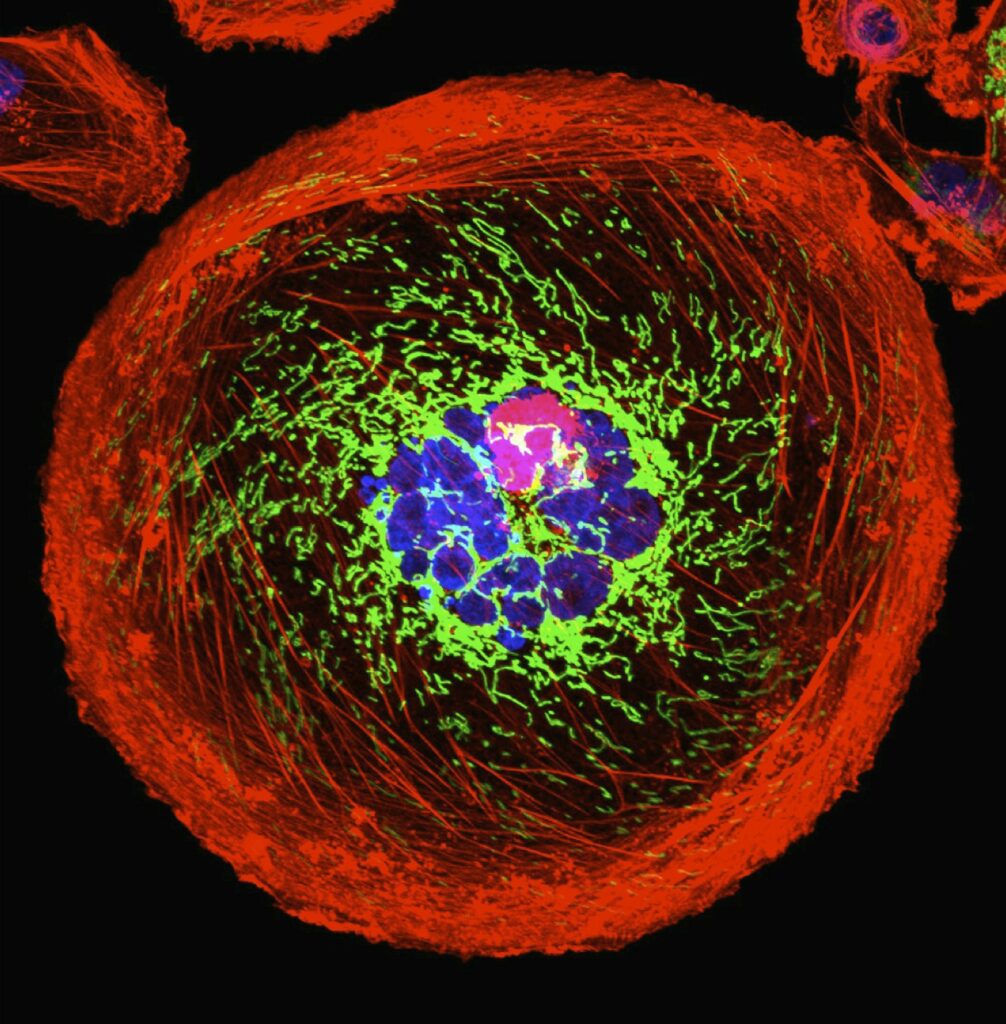PRESS RELEASE — NVIDIA revealed its unified computing platform, saying that it could speed research and development efforts in quantum and across AI, HPC, health, finance and other disciplines.
The NVIDIA Quantum Optimized Device Architecture, or QODA, aims to make quantum computing more accessible by creating a coherent hybrid quantum-classical programming model, according to a statement. QODA is an open, unified environment for some of today’s most powerful computers and quantum processors, improving scientific productivity and enabling greater scale in quantum research.
HPC and AI domain experts can use it to easily add quantum computing to existing applications, leveraging both today’s quantum processors, as well as simulated future quantum machines using NVIDIA DGX systems and a large installed base of NVIDIA GPUs available in scientific supercomputing centers and public clouds.
“Scientific breakthroughs can occur in the near term with hybrid solutions combining classical computing and quantum computing,” said Tim Costa, director of HPC and Quantum Computing Products at NVIDIA. “QODA will revolutionize quantum computing by giving developers a powerful and productive programming model.”
Leading quantum organizations are already using NVIDIA GPUs and highly specialized NVIDIA software – NVIDIA cuQuantum – to develop individual quantum circuits. With QODA, developers can build complete quantum applications simulated with NVIDIA cuQuantum on GPU-accelerated supercomputers.

Today, at the Q2B conference in Tokyo, NVIDIA announced QODA collaborations with quantum hardware providers IQM Quantum Computers, Pasqal, Quantinuum, Quantum Brilliance and Xanadu; software providers QC Ware and Zapata Computing; and supercomputing centers Forschungszentrum Jülich, Lawrence Berkeley National Laboratory and Oak Ridge National Laboratory.
“Quantinuum is partnering with NVIDIA to enable users of Quantinuum’s H-series quantum processors, powered by Honeywell, to program and develop the next generation of hybrid quantum-classical applications with QODA,” said Alex Chernoguzov, chief engineer at Quantinuum. “This ties together the best performing classical computers with our world-class quantum processors.”
“The hybrid quantum-classical capabilities developed by NVIDIA will enable HPC developers to accelerate their existing applications by providing an efficient way to program quantum and classical resources in a consolidated environment,” said Yudong Cao, chief technology officer at Zapata. “Near-term applications in chemistry, drug discovery, materials science and more can now be seamlessly integrated with quantum computing, driving new discoveries in these fields as practical quantum advantage emerges.”
NVIDIA is tracked on The Quantum Insider’s intelligence platform. The company is acknowledged as a global leader in the design and manufacturing of graphics processing units (GPUs), application programming interface (APIs) for Data Science and high-performance computing, along with system on a chip units (SoCs) for the mobile computing and automotive mark. It is increasing its presence in and applying its technological leadership toward the quantum industry.
Learn more about NVIDIA QODA and watch the NVIDIA special address.
For more market insights, check out our latest quantum computing news here.



















